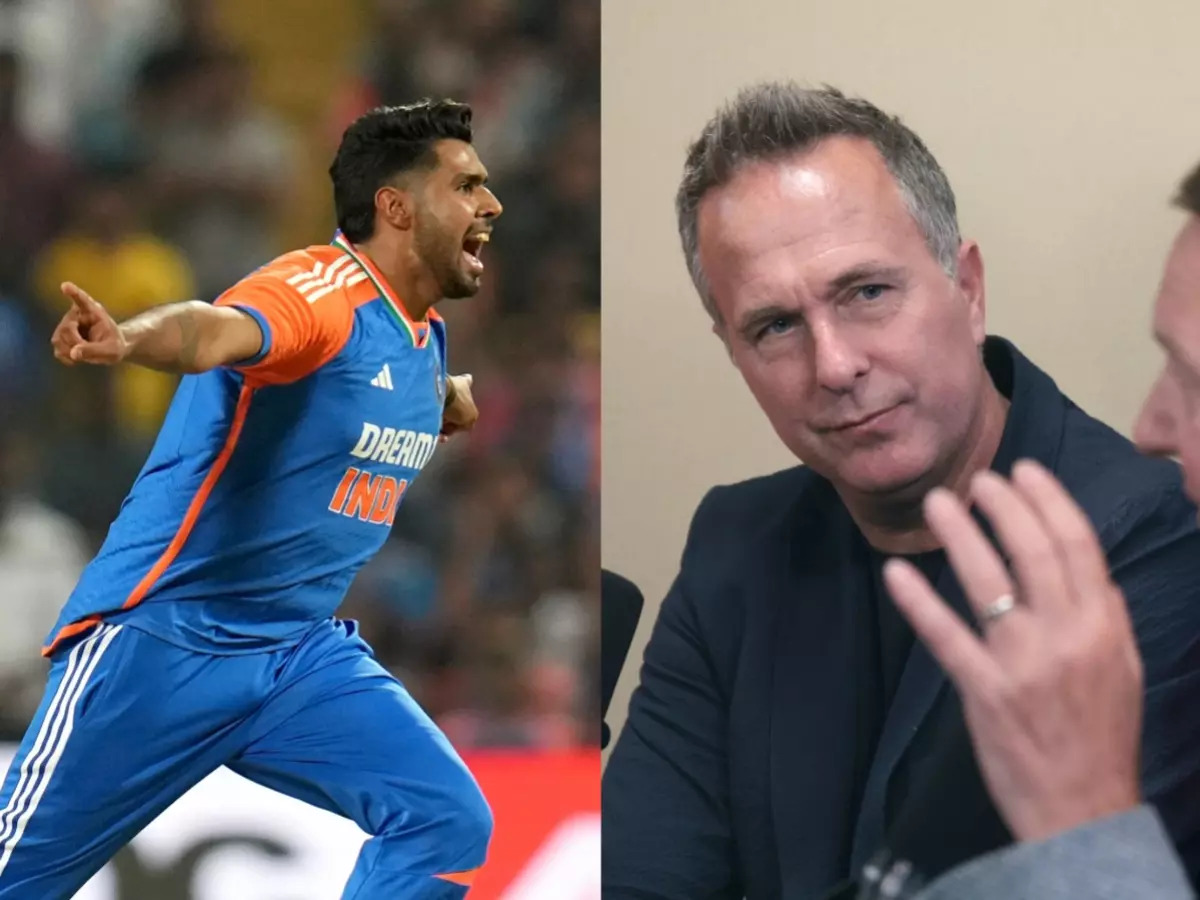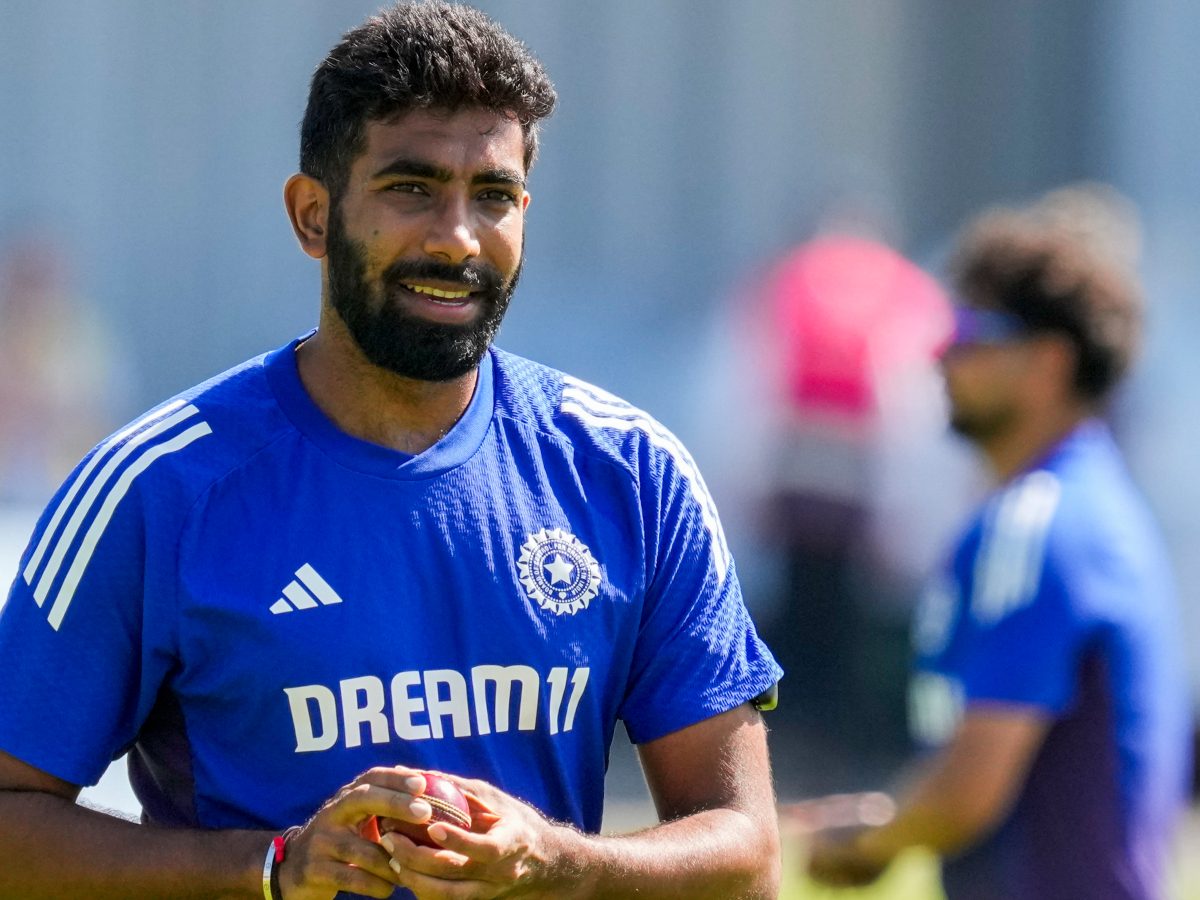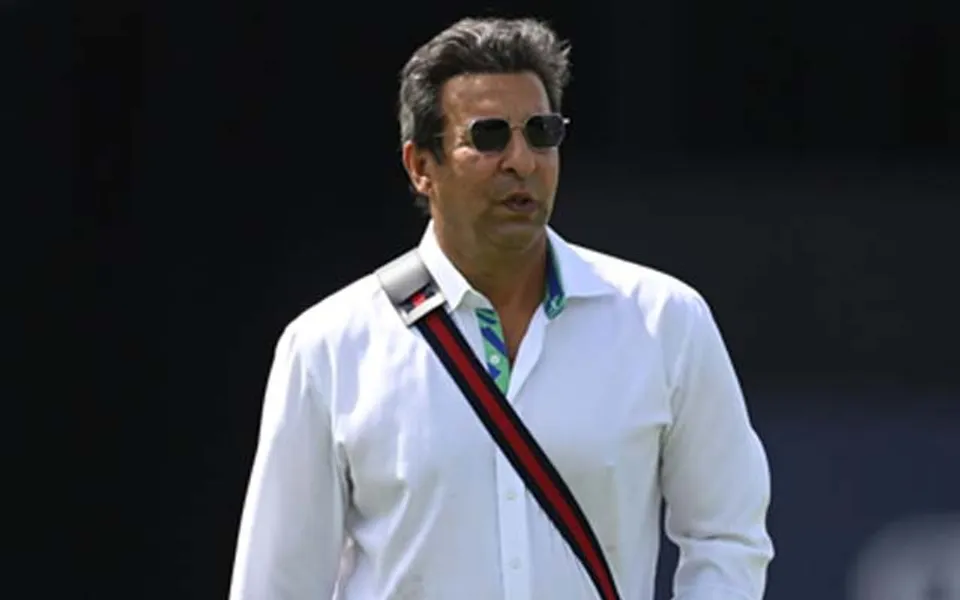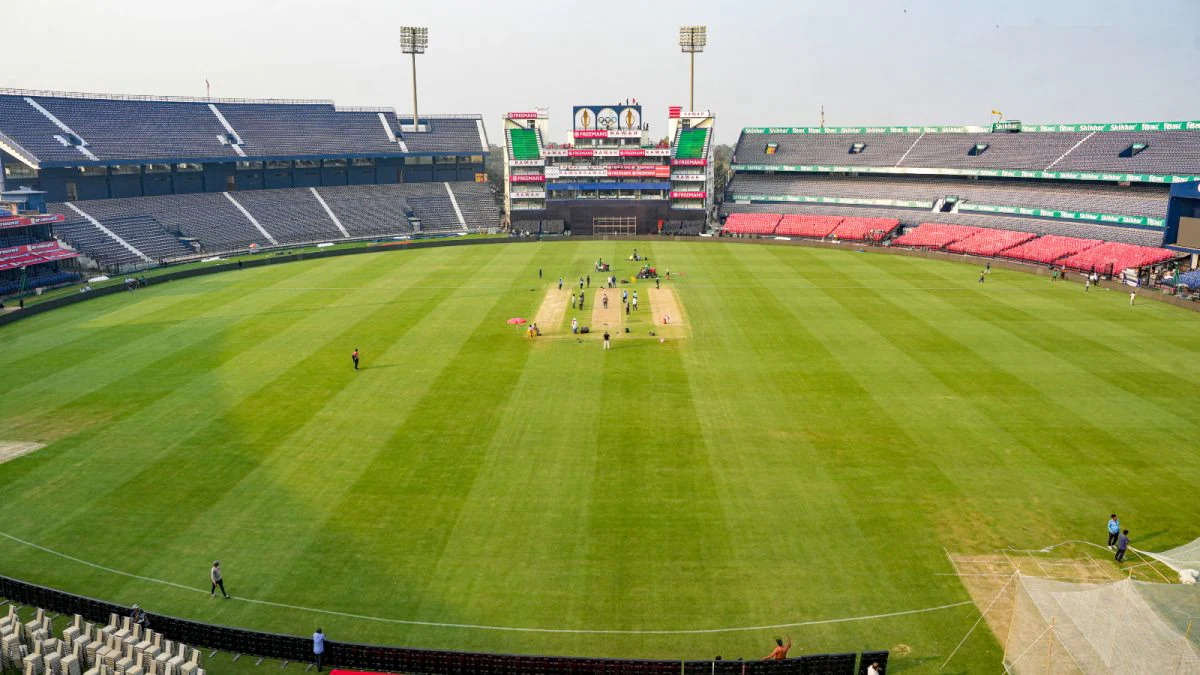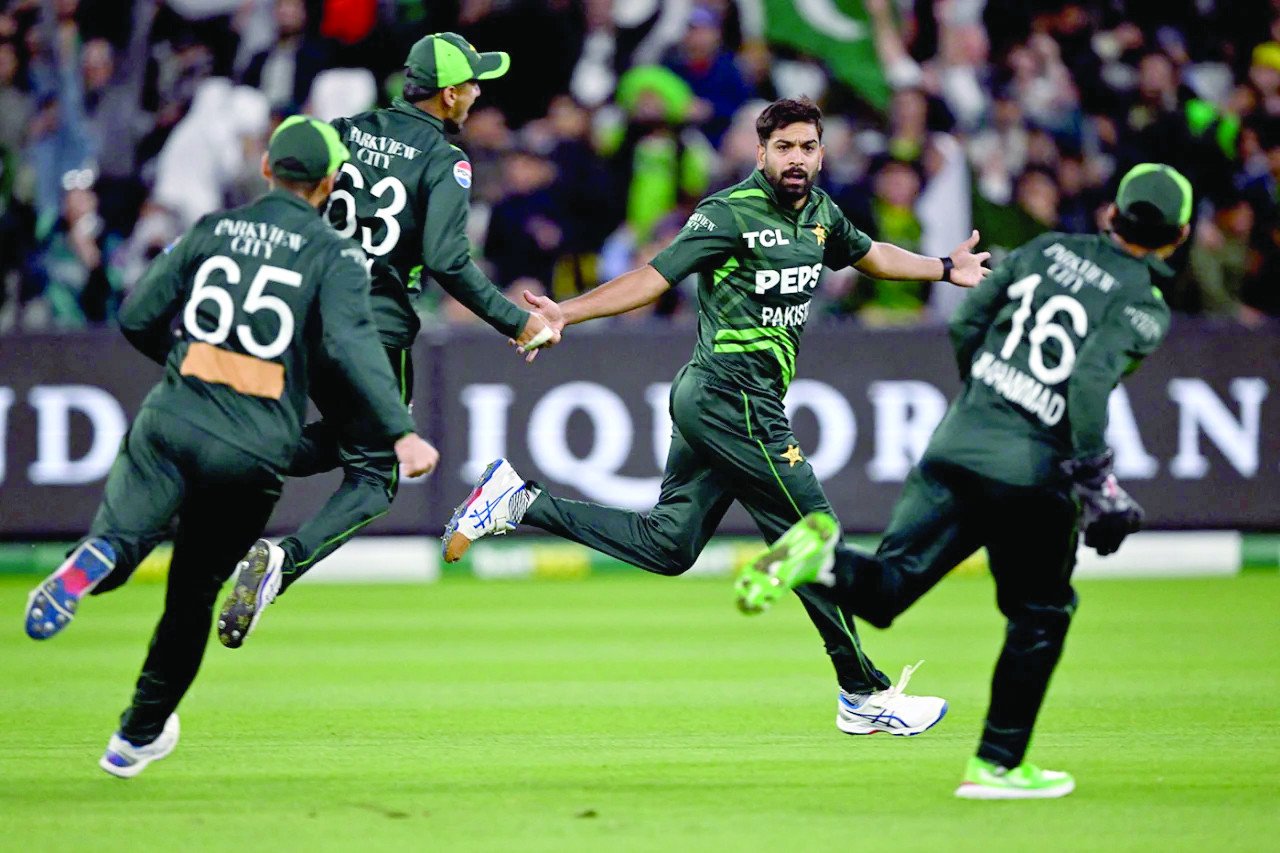India defeated England by 15 runs in the fourth Twenty20 International, securing a 3-1 series with one match remaining. However, when India came out to defend the 182-run mark, the game became the focal point of the discussion around the concussion substitution. The helmet was struck by Shivam Dube during the final over of India’s batting. Ramandeep Singh was anticipated to enter as a substitute as India prepared to start bowling, but Harshit Rana’s introduction became controversial.
The regulations required that Dube, a batting all-rounder, be replaced by another all-rounder. However, Harshit, also known as the profile bowler, came under fire for not being a “like-for-like” substitute. Following the defeat, former England captain Michael Vaughan blasted a purported rule change. Iceland Cricket quickly responded to Vaughan’s concern with a humorous response.
On “X,” Vaughan tweeted, “How can an out-and-out bowler replace a batter who bowls part-time!!!!!!!!!!!!!!!! #INDvsENG.”
“We didn’t have to look up the score. Iceland Cricket retorted, “We knew England must have lost.”
Here’s Iceland Cricket’s latest post on ‘X’:
How can an out & out bowler replace a batter who bowls part time !!!!!!!!!!!!!!!! #INDvsENG
— Michael Vaughan (@MichaelVaughan) January 31, 2025
We didn’t need to check the score. We knew England must have lost. https://t.co/JTxhdfCBtz
— Iceland Cricket (@icelandcricket) January 31, 2025
The ICC’s decision about the Dube-Harshit scenario’s concussion substitute
Speaking of the rule, it also stipulates that the player who takes Dube’s position can perform the tasks he should perform for the rest of the game after an all-rounder is switched. Dube played the role of fast bowler for the rest of the match because he had batted in the first innings prior to the incident. India made the decision to fill the position by selecting Harshit as their pace bowling option.
The ICC’s T20I Playing Conditions, clause 1.2.7 “In assessing whether the nominated Concussion Replacement should be considered a like-for-like player, the ICC Match Referee should consider the likely role the concussed player would have played during the remainder of the match and the normal role that would be performed by the nominated Concussion Replacement.”
